Deputy Minister of Natural Resources and Environment Le Minh Ngan, Vice Chairman of Vinh Phuc Provincial People's Committee Vu Chi Giang and Director of the Department of Land Registration and Information Data Mai Van Phan chaired the Conference at the live bridge point.
Attending were representatives of a number of Central Ministries, leaders of units under the Ministry of Natural Resources and Environment , leaders of Departments of Natural Resources and Environment, Land Registration Offices and branch offices nationwide.
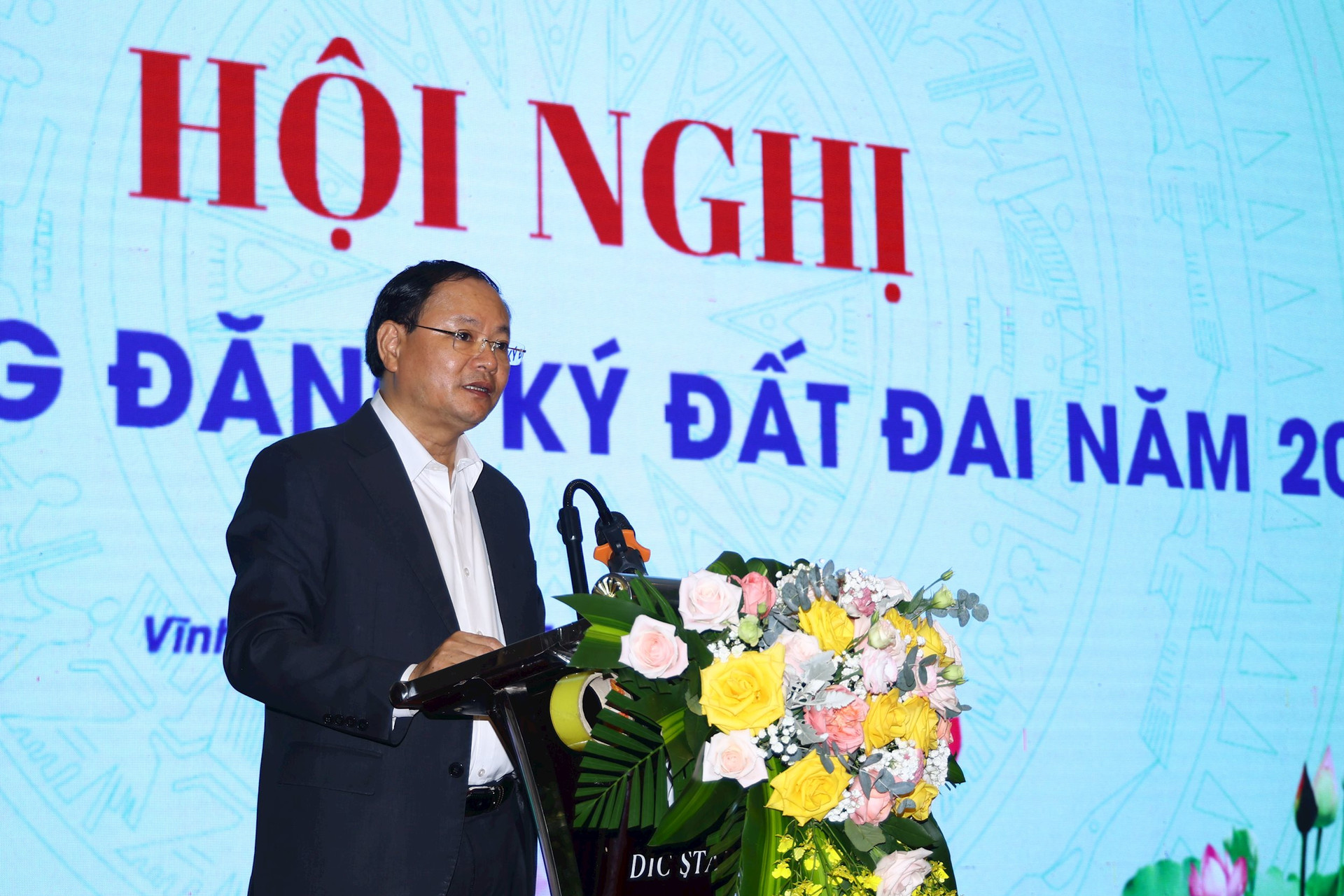
Speaking at the opening of the Conference, Deputy Minister of Natural Resources and Environment Le Minh Ngan said that implementing the 2013 Land Law, the Government , ministries, branches and People's Committees at all levels have made great efforts in establishing, consolidating and perfecting the system of Land Registration Offices. Up to now, 61/63 provinces and cities nationwide have established one-level Land Registration Offices under the Department of Natural Resources and Environment.
The Deputy Minister said that the Conference should not only evaluate the advantages and limitations of the Registration Office model but also focus on discussing institutional improvement and implementation so that the Office system is worthy of its role as a public service unit that makes a very important contribution to State management of land.
In addition, for the Land Registration Office to operate well, it is necessary to ensure many contents of State management work in the 2013 Land Law and the Draft Land Law (amended) expected to be approved by the National Assembly at the nearest Session such as: statistics and inventory work; building a land database; reforming land administrative procedures... Therefore, the Deputy Minister suggested that delegates discuss more about some State management activities related to the operation of the Registration Office.
Vice Chairman of Vinh Phuc Provincial People's Committee Vu Chi Giang said that in practice, the local Land Registration Office has achieved many positive results such as: accelerating the modernization of land management, promoting administrative reform, developing e-government, strictly controlling land records, and gradually creating people's satisfaction.
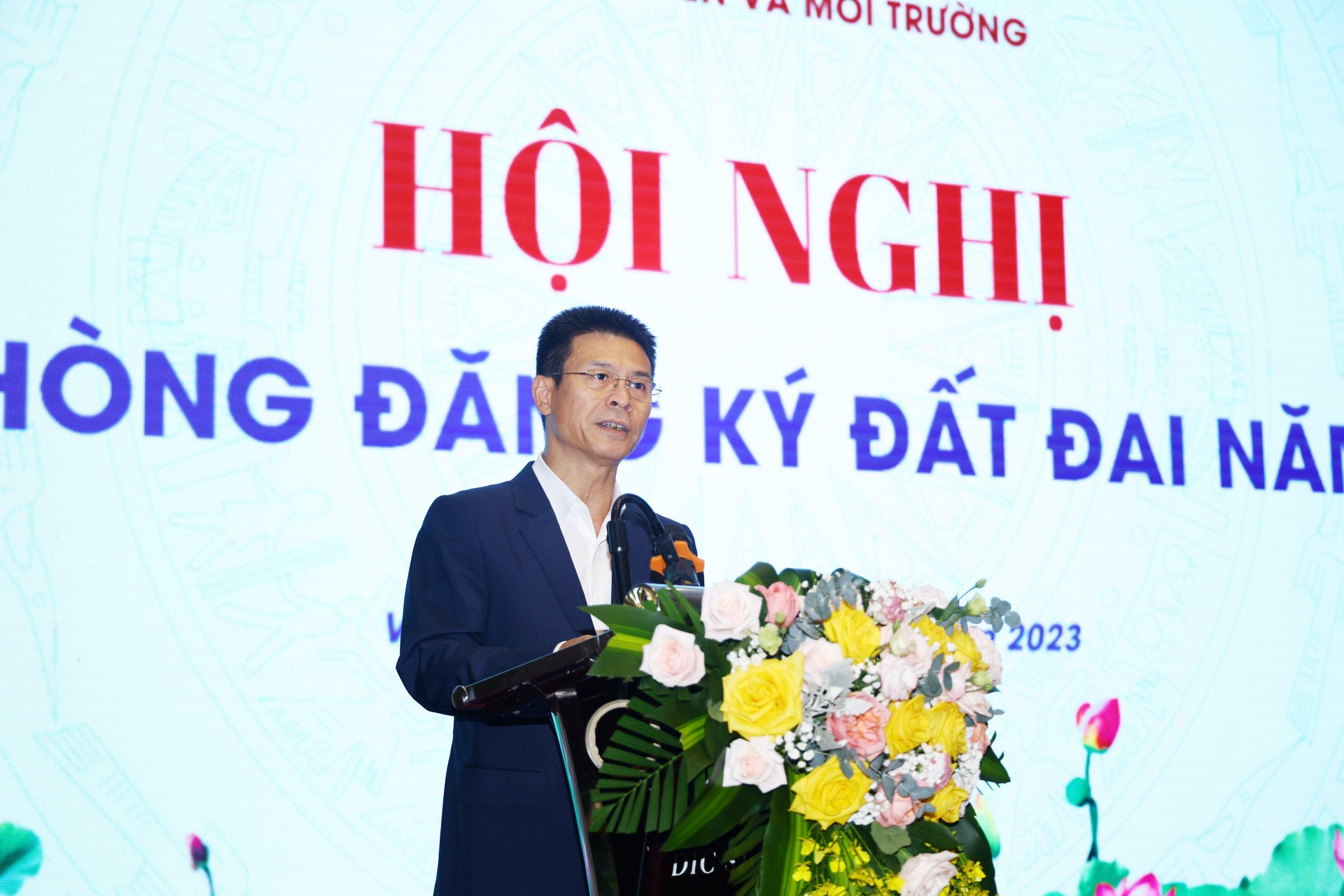
However, in addition to the achieved results, there are still some difficulties and problems, especially the mechanism to create appropriate revenue sources to ensure the lives of civil servants, public employees and employees of the Office; a relationship between the Office Branch and the Department of Natural Resources and Environment at the district level, the People's Committee at the commune level and a number of related agencies... Therefore, it is necessary to evaluate and remove these problems to improve the effectiveness of the Registration Office.
Reporting at the Conference, Mr. Pham Ngo Hieu, Deputy Director of the Department of Land Registration and Information Data, informed that up to now, 61/63 provinces and centrally-run cities nationwide have established Land Registration Offices under the Department of Natural Resources and Environment with 678 Land Registration Office Branches in 705 district-level administrative units; the remaining 2 provinces have not yet established Land Registration Offices, namely Quang Ninh province and Phu Tho province.
According to Mr. Hieu, the implementation process in practice shows that the establishment of the Land Registration Office has helped accelerate the modernization of the land management sector, promote administrative procedure reform, develop e-government, and at the same time be more proactive in coordinating human resources between units in the Land Registration Office according to task requirements.
Typically: 16 administrative procedures were reduced (from 48 procedures for places where the Land Registration Office has not been established to 32 procedures); The time for registration and issuance of certificates was reduced from 5 - 25 days compared to before; The time for handling land transaction records was guaranteed to reach 90 - 95% compared to regulations; Revenue sources including land use fees, land rent, land use tax, fees, and charges directly collected by the Land Registration Office or transferred to the Tax Department, State Treasury for collection according to regulations for the state budget continuously increased. "Thus, the establishment and operation of the Land Registration Office system has many advantages, it is a public service organization that actively supports the state management of land, meets service activities, including land registration, issuance of certificates, is a great resource for the socio-economic development of the country", Mr. Hieu shared.
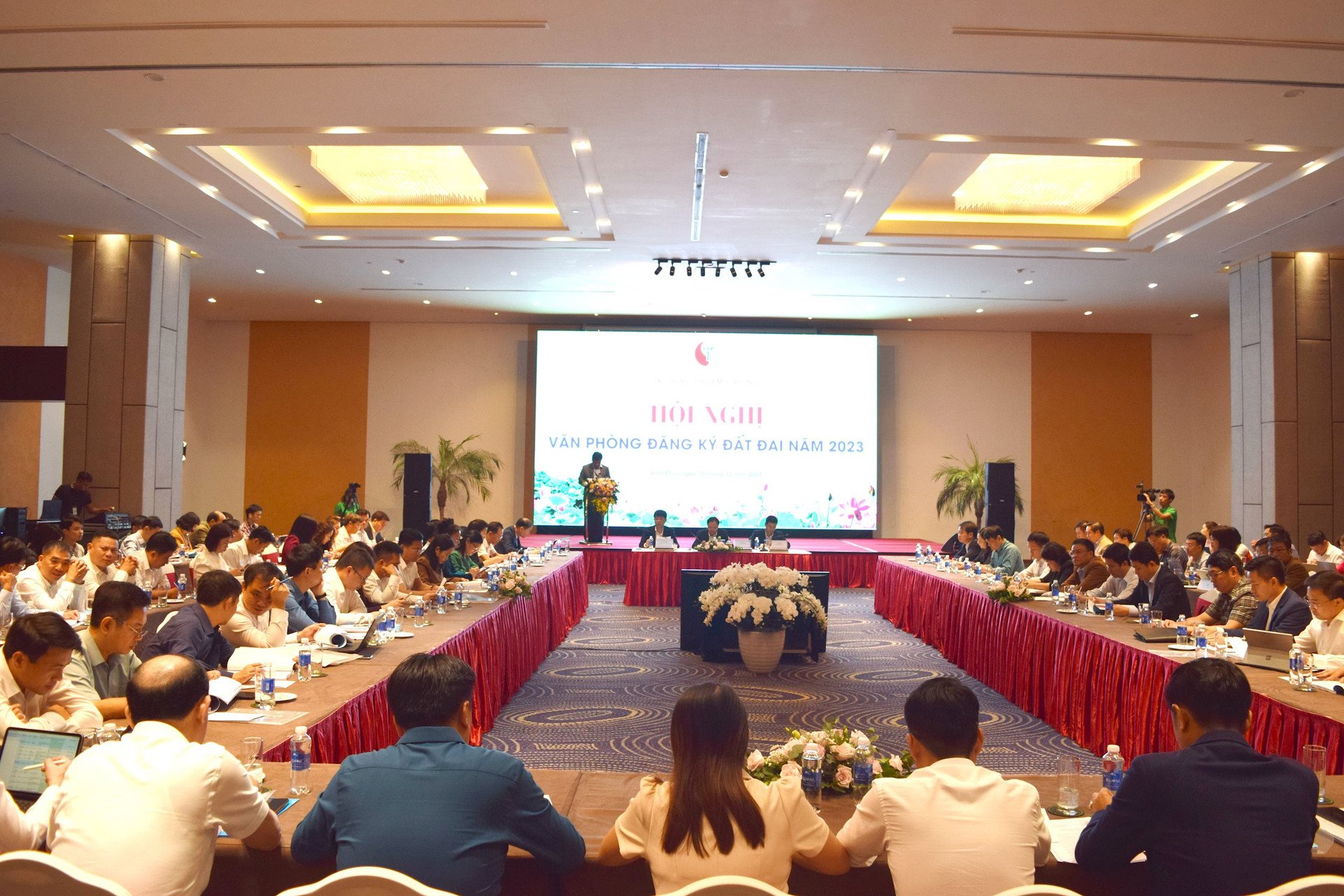
However, during its operation, the Land Registration Office also revealed some shortcomings and limitations that need to be overcome, such as: The law is not open enough to create flexibility and initiative, according to the actual situation of each locality and each time to regulate the organizational structure (the time to handle administrative procedures is the same between localities, the number of specialized departments and offices under the Land Registration Office, Branches of the Land Registration Office).
Many localities have not paid attention to investment or have not yet had a mechanism to generate appropriate revenue sources. Collection is mainly through fees and charges, while many revenues are exempted or reduced for land users but there is no compensation mechanism while the Land Registration Office must operate under an autonomous mechanism, the price mechanism has not been widely applied in the provinces, leading to difficulties in operation, lack of synchronous facilities, inadequate and outdated equipment, and no regular maintenance funds. The cadastral database is not yet complete, synchronized, integrated, and fully shared, so the circulation of records is difficult, and the operation of the Land Registration Office system has not achieved the desired efficiency... Mr. Hieu said that these are shortcomings and limitations that need to be overcome from the institutional and implementation perspectives, as well as the attention and direction of local authorities at all levels so that the operation of the Land Registration Office system can be truly effective, efficient, and meet the needs of organizations and individuals promptly, accurately, and on demand.
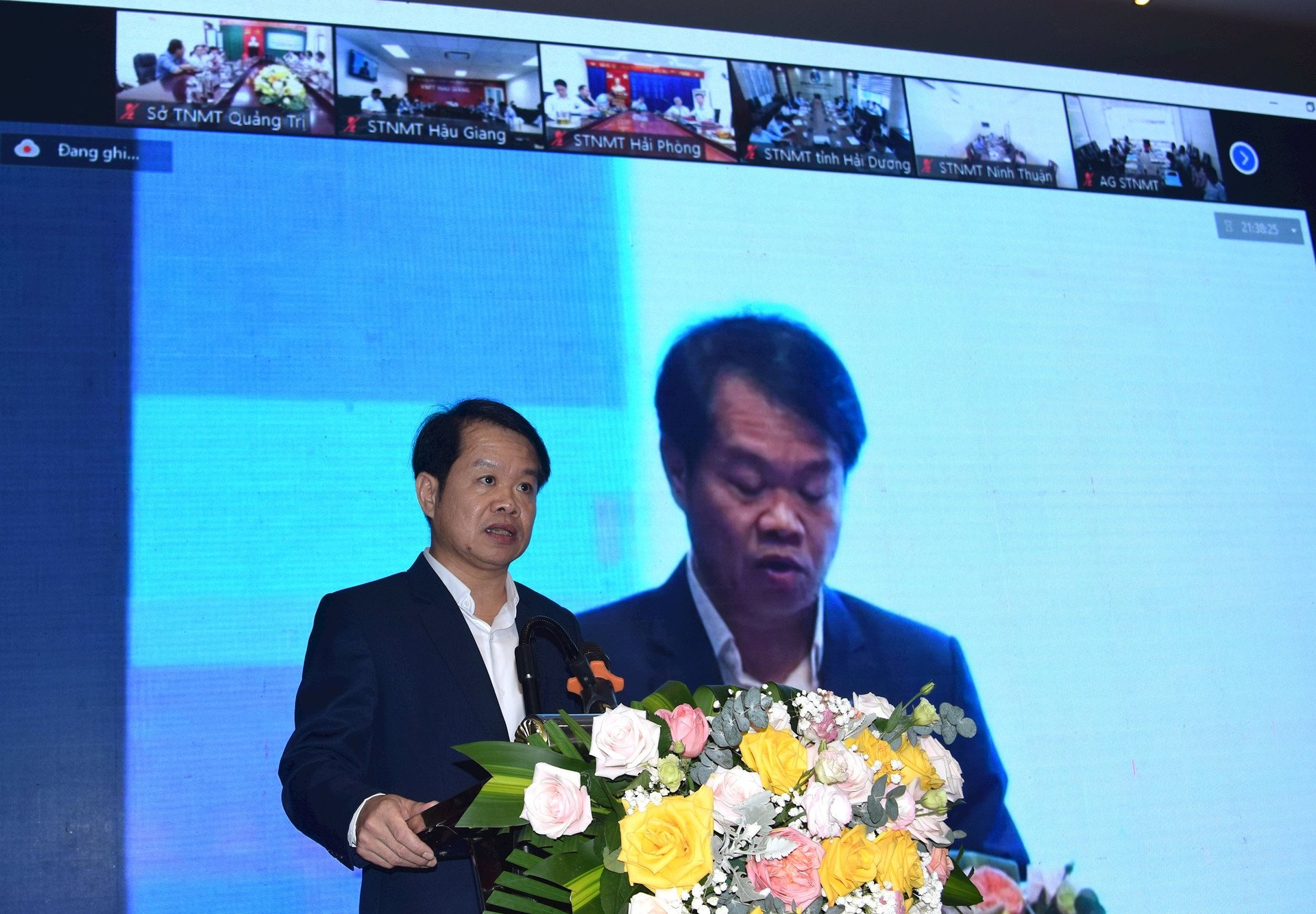
At the Conference, delegates listened to presentations on: Some contents on building a project on job positions in public service units; Key solutions to improve the efficiency of handling administrative procedures in the field of granting land use right certificates, house ownership rights and assets attached to land in Vinh Phuc province; proposed financial mechanisms, working offices, and operation of the land database of the Land Registration Office system, Department of Natural Resources and Environment of An Giang province; New policies on registration, granting of certificates, and cadastral records in the draft Land Law (amended); Decree No. 10/2023/ND-CP and circulars; Results of building, operating and sharing land databases in Dak Lak province.
Also at the Conference, delegates focused on discussing the organizational structure, working facilities, implementation of professional tasks, especially land registration, granting of certificates; surveying, cadastral mapping, building land databases for the operations of Land Registration Offices, thereby proposing solutions to remove difficulties and obstacles... to improve the efficiency of the Offices.
Source








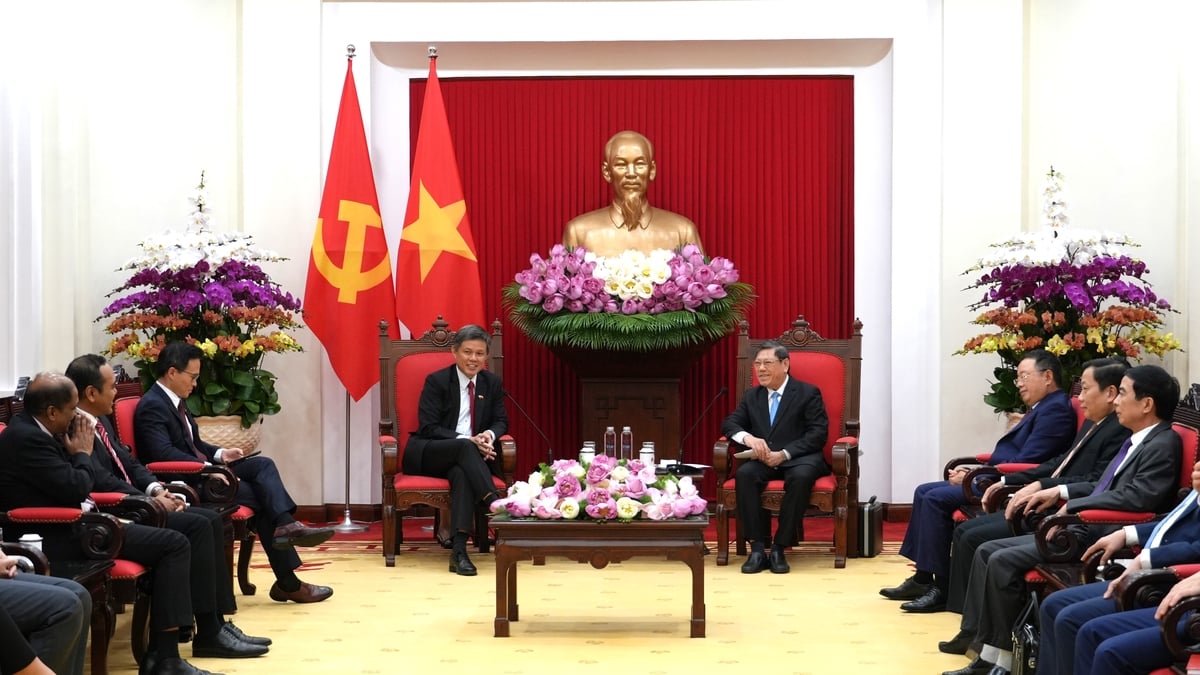
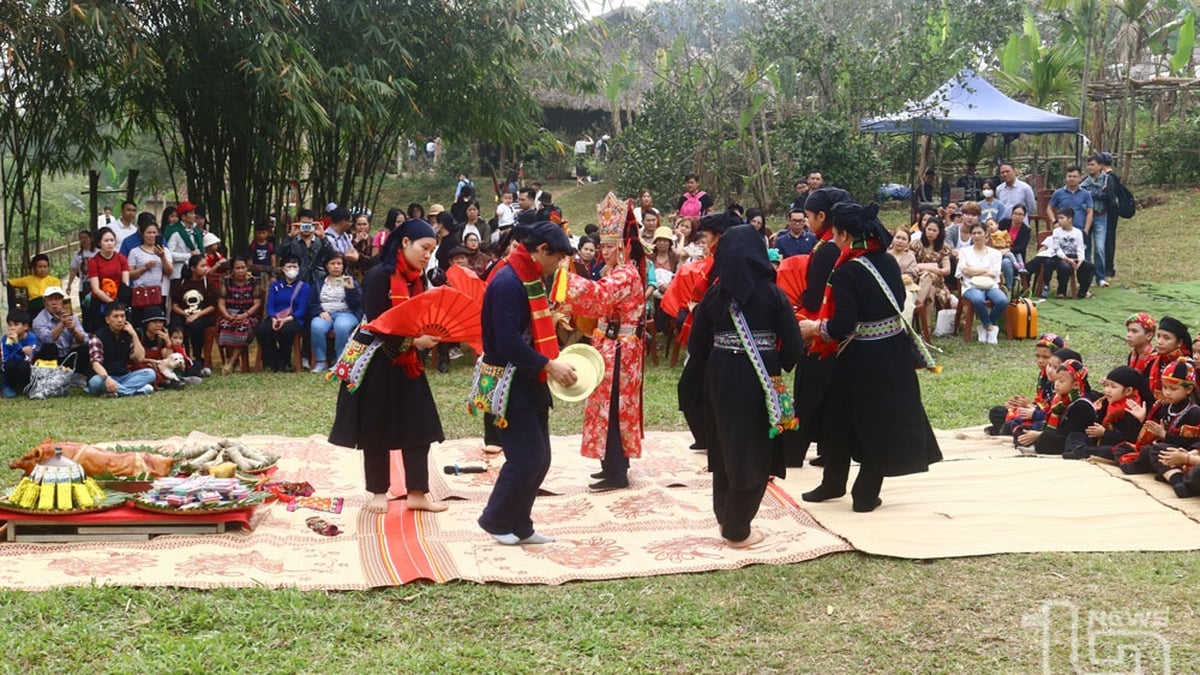
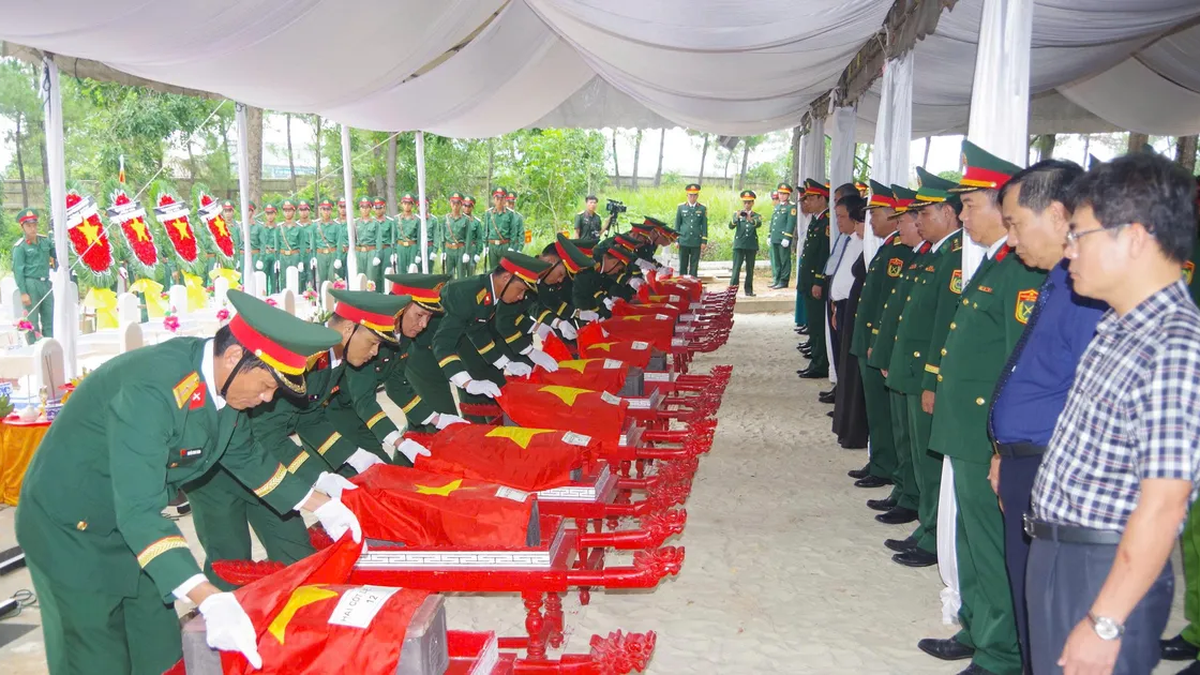























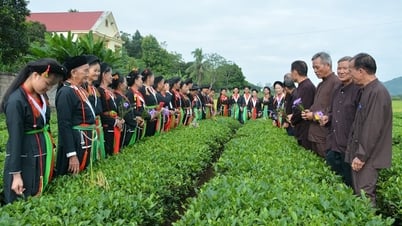

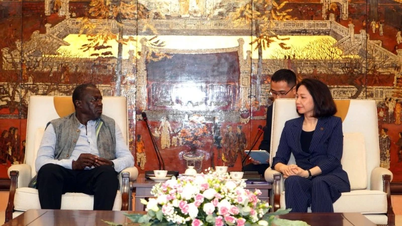


















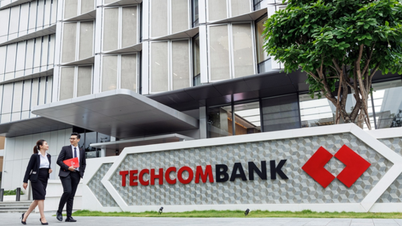
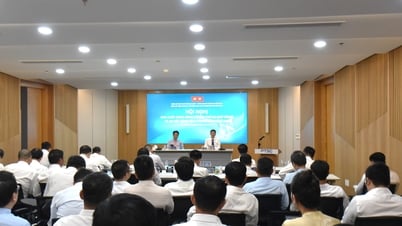


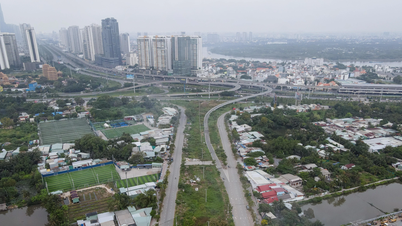












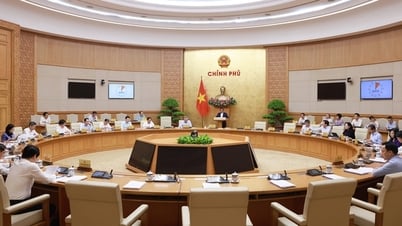



























Comment (0)